Coconut extract is a popular ingredient in many recipes, adding a rich and tropical flavour to dishes. We will take a deep dive into the world of coconut-extract substitutes.
From exploring the versatility of coconut water and delving into coconut rum to understanding the power of coconut milk and the nutritional value of coconut oil. We will uncover various options that can be handy as alternatives to coconut extract in your recipes.
We’ll also discuss homemade coconut extract and how to choose the right substitute for your specific needs. So, if you’re ready to discover the best coconut extract substitutes, keep reading!
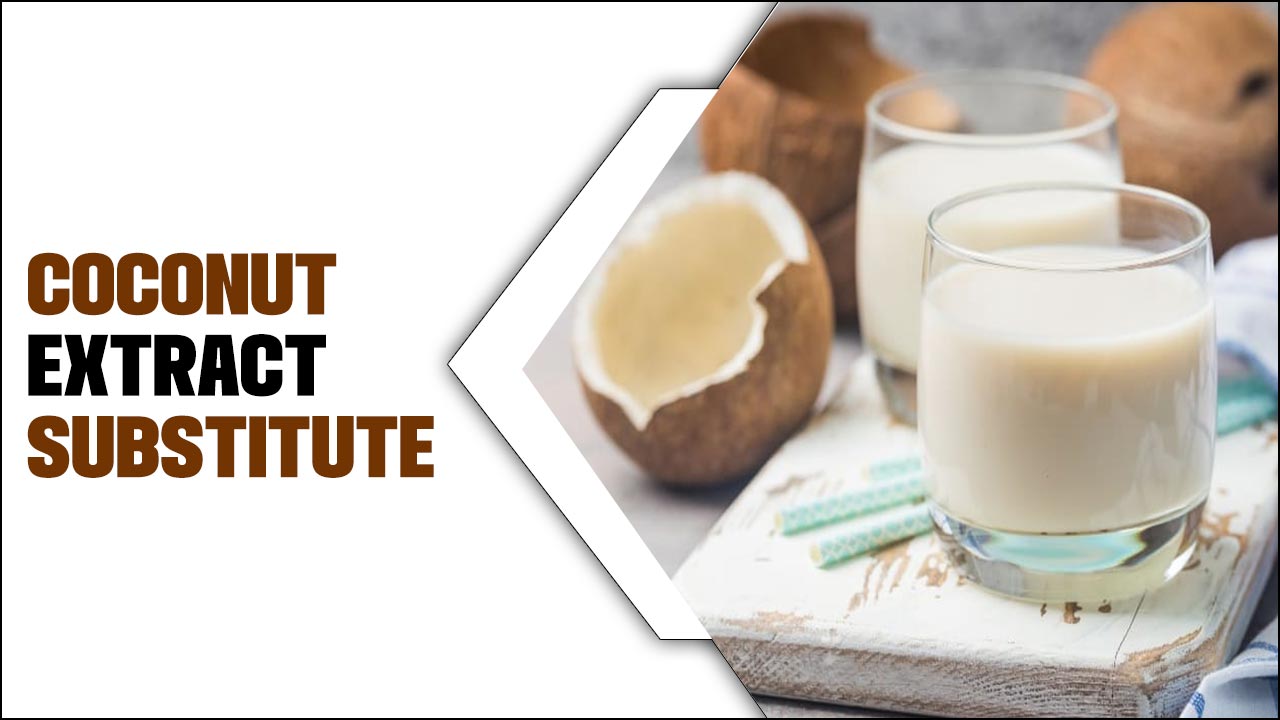
Exploring The Variety Of Coconut Extract Substitutes
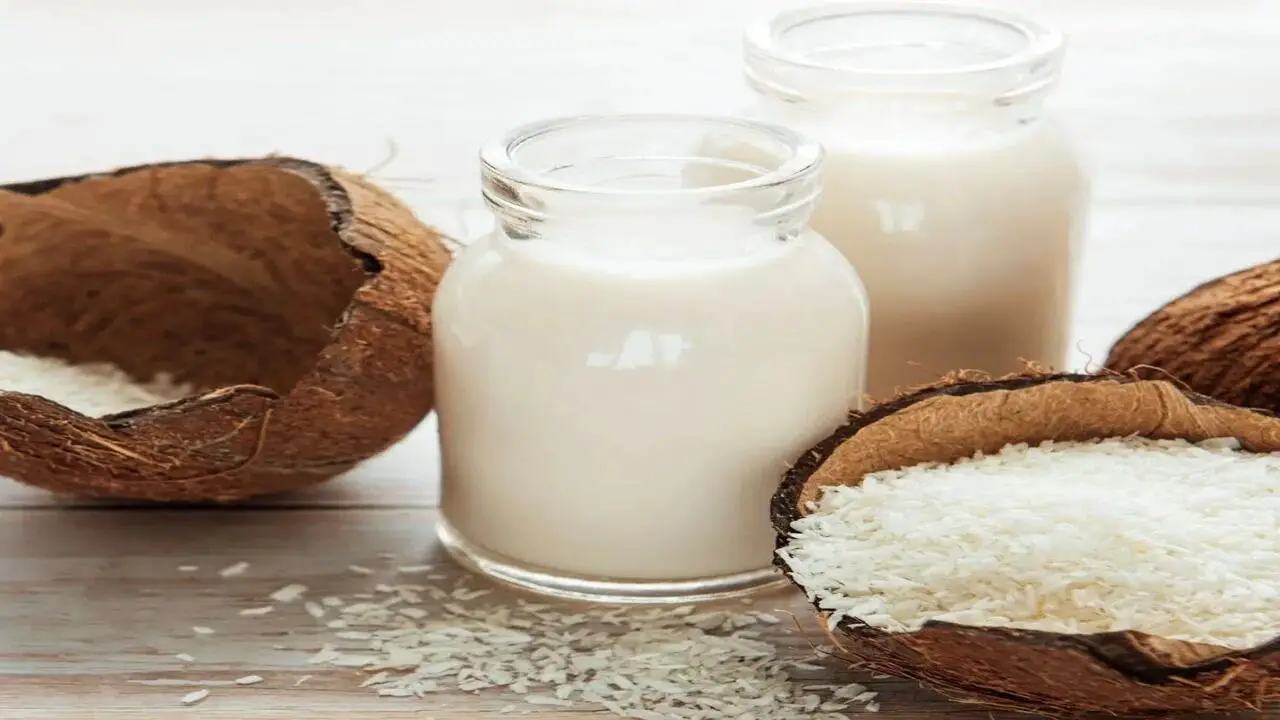
If you’re searching for a suitable replacement for coconut extract, various options are available. Vanilla extract offers a sweet and aromatic flavor, making it an excellent alternative. For those seeking a creamy texture in their recipes, coconut milk can be a substitute.
Coconut oil, on the other hand, adds a slight hint of coconut flavour and richness. Almond extract offers a nutty twist to your dishes, while coconut water provides a light and refreshing taste.
With these versatile substitutes, you can experiment with new flavors and enhance your recipes without relying on coconut extract. Scroll down to get into details coconut extract substitute.
The Versatility Of Coconut Water
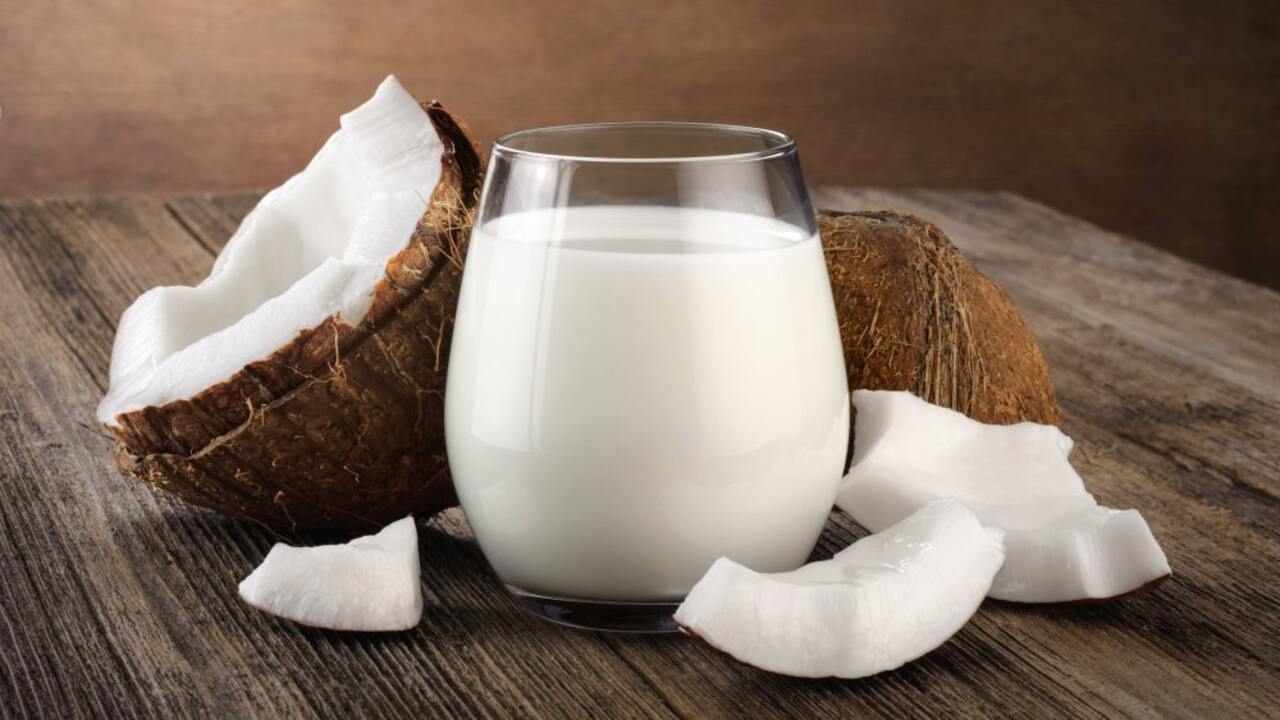
Coconut water is not only a refreshing and hydrating beverage but can also be a versatile ingredient in cooking and baking. In recipes, you can substitute it for coconut extract to add a subtle coconut flavor without overpowering it.
Additionally, coconut water is a healthier alternative to coconut extract as it contains natural electrolytes and is low in calories. This makes it a great choice for those looking to reduce their calorie intake or incorporate more natural ingredients into their cooking.
Whether you’re making smoothies, cocktails, or marinades, adding coconut water can infuse a delightful tropical hint into your creations. Remember to adjust the other liquid ingredients when using coconut water as a substitute.
Delving Into Coconut Rum
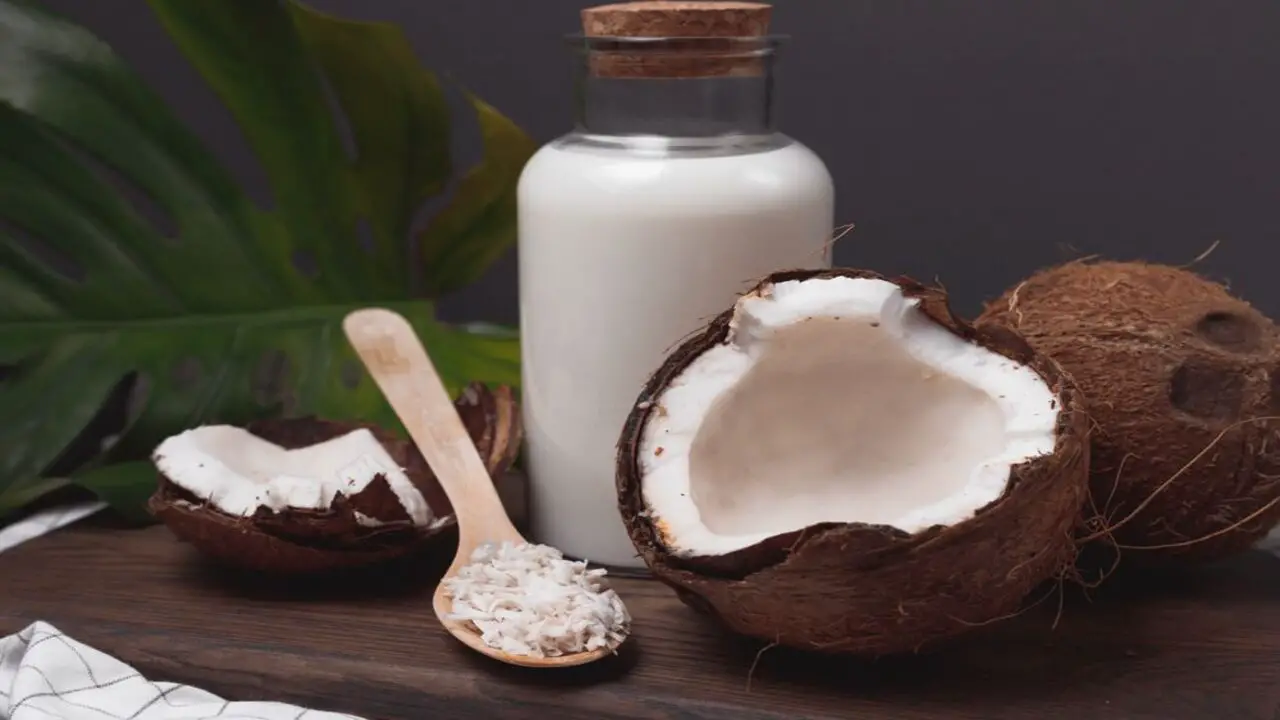
Coconut rum is a versatile ingredient that can be handy as a substitute for coconut extract in baking and cooking. It adds a unique depth and richness to dishes with its distinct flavor. Coconut rum can bring a tropical twist to your creations whether you’re making desserts, sauces, or cocktails.
It’s important to adjust the amount to taste when using coconut rum as a substitute. However, if you’re using it in recipes for children or non-alcoholic dishes, it’s crucial to be mindful of the alcohol content. Overall, coconut rum offers a delightful way to infuse dishes with the flavors of the tropics.
The Power Of Coconut Milk
Coconut milk is a highly versatile ingredient that can be handy as a substitute for coconut extract in a wide range of recipes. Its creamy texture and subtle coconut flavor make it a popular choice for curries, desserts, and smoothies.
You can reduce the coconut milk to concentrate its flavor if you prefer a stronger coconut taste. Fortunately, finding coconut milk is easy as it is readily available at most grocery stores and online retailers. Check the labels when purchasing to ensure you get pure coconut milk without added ingredients or preservatives.
Understanding Imitation Coconut
Imitation coconut extract is a manufactured flavoring that mimics the taste of natural coconut. Artificial ingredients create it, and it may not offer the same richness of flavor as real coconut. Nevertheless, it can be a suitable alternative in dishes where the coconut flavor is less pronounced or when the texture of the coconut is not necessary.
Some individuals choose imitation coconut extract due to personal preferences or dietary limitations. When incorporating it into recipes, it’s important to adjust the quantity based on taste, as the strength of the flavor may differ.
The Nutritional Value Of Coconut Oil
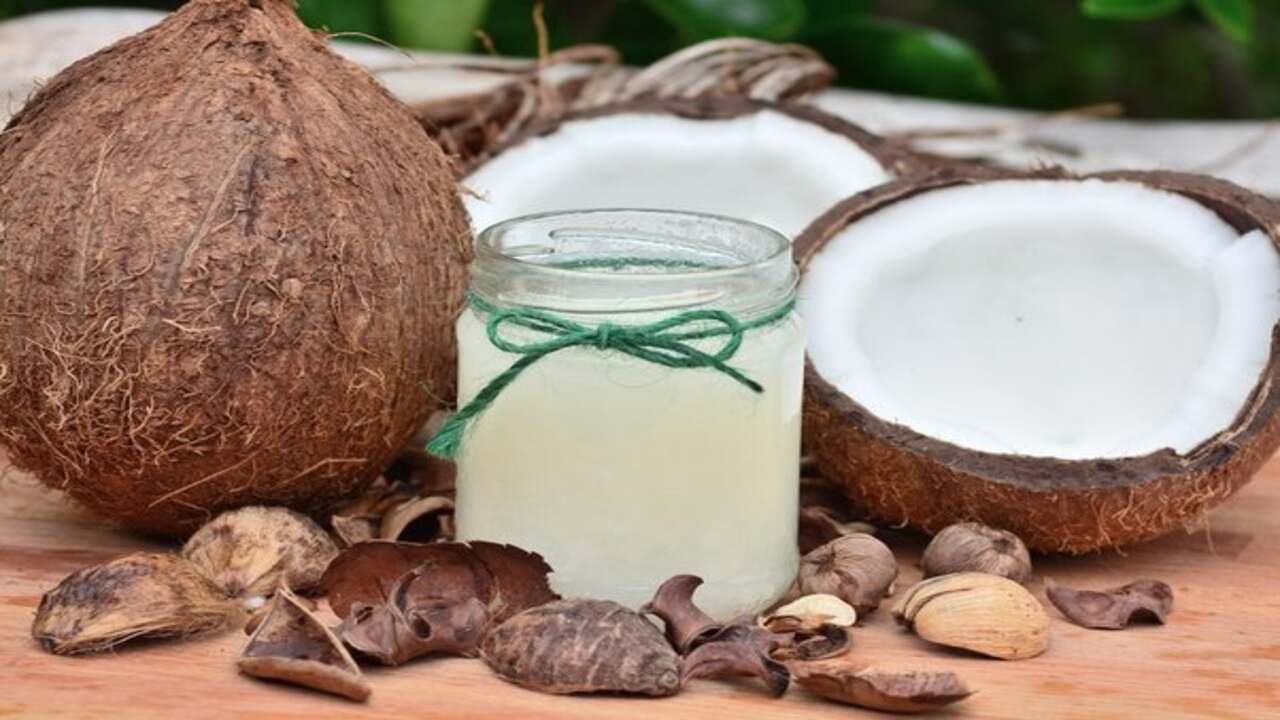
Coconut oil is a versatile and beneficial addition to your diet due to its high content of healthy saturated fats. These fats provide a valuable source of energy for the body. The medium-chain triglycerides (MCTs) found in coconut oil have been shown to aid in weight loss by boosting metabolism and reducing appetite.
Moreover, the MCTs present in coconut oil can also enhance brain function and support cognitive health. Coconut oil’s antimicrobial properties effectively promote a healthy immune system and fight harmful bacteria and viruses.
In addition, coconut oil contains antioxidants that help reduce inflammation. You can support heart health and improve cholesterol levels by incorporating coconut oil into your diet. However, it is important to remember that while coconut oil offers many health benefits, it should be consumed in moderation as part of a balanced diet.
Crunchy And Delicious Coconut Flakes
Coconut flakes are popular for their delightful crunchiness and serve as a delicious substitute for coconut extract in baking. These versatile flakes add a subtle coconut flavor and texture to granola, cookies and cakes.
Whether used toasted or as a topping for desserts and smoothie bowls, coconut flakes provide a more pronounced coconut taste that enhances the overall flavor profile of the dish. Additionally, they offer several health benefits as they contain fiber and healthy fats, making them a healthier alternative to coconut extract.
The Art Of Making Homemade Coconut Extract
Creating your own homemade coconut extract gives you full control over the flavor, enabling you to customize it according to your preferences. With just a handful of ingredients, such as shredded coconut and alcohol, you can easily make a rich and flavorful extract. The process involves soaking the coconut in alcohol, which helps extract the essence of the coconut.
Once prepared, homemade coconut extract can be used as a substitute for store-bought ones in various recipes. By experimenting with different ratios of alcohol and coconut, you can create a unique and personalized coconut extract that adds a delightful and distinct flavor to your favorite dishes. Whether you want a stronger or milder coconut taste, making your own extract allows you to adjust it accordingly.
Are All Coconut Extract Substitutes Equal?
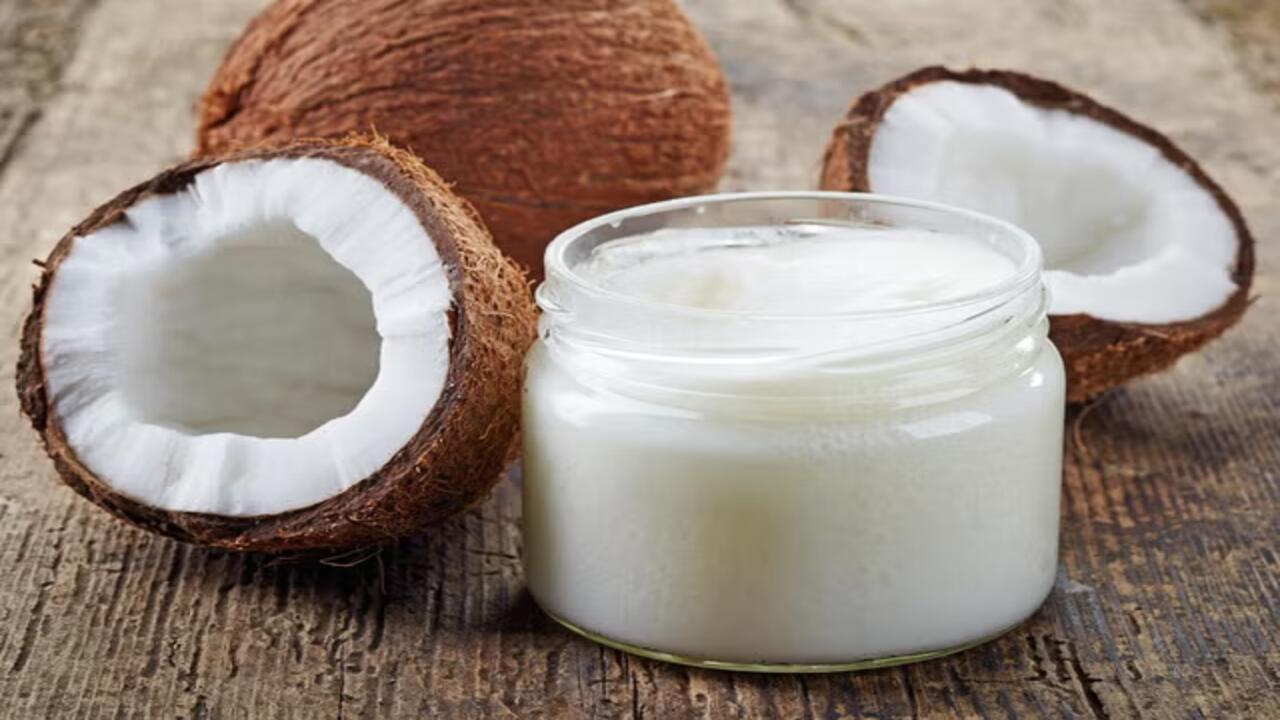
When looking for a substitute for coconut extract, it’s important to remember that not all options will provide the same flavor and intensity. While ingredients like coconut milk, coconut cream, and coconut oil can offer a similar taste, they may lack the depth of flavor that coconut extract provides.
It’s crucial to consider the consistency and overall impact on taste when selecting a substitute for your recipe. Experimenting with alternatives can help you find the best option for your desired flavor profile.
How To Choose The Right Substitute For Your Recipe?
When looking for a substitute for coconut extract in your recipe, it’s important to consider the flavor profile and texture you’re aiming for. You can experiment with alternatives such as coconut milk or coconut cream to maintain the coconut flavor. These options will add a similar taste and provide a creamy texture to your dish.
Alternatively, vanilla extract can be used as a substitute if you’re open to a different flavor profile. Remember that the quantities may need to be adjusted depending on how strong you want the flavor in your final dish.
How Do These Substitutes Impact The Overall Taste And Texture?
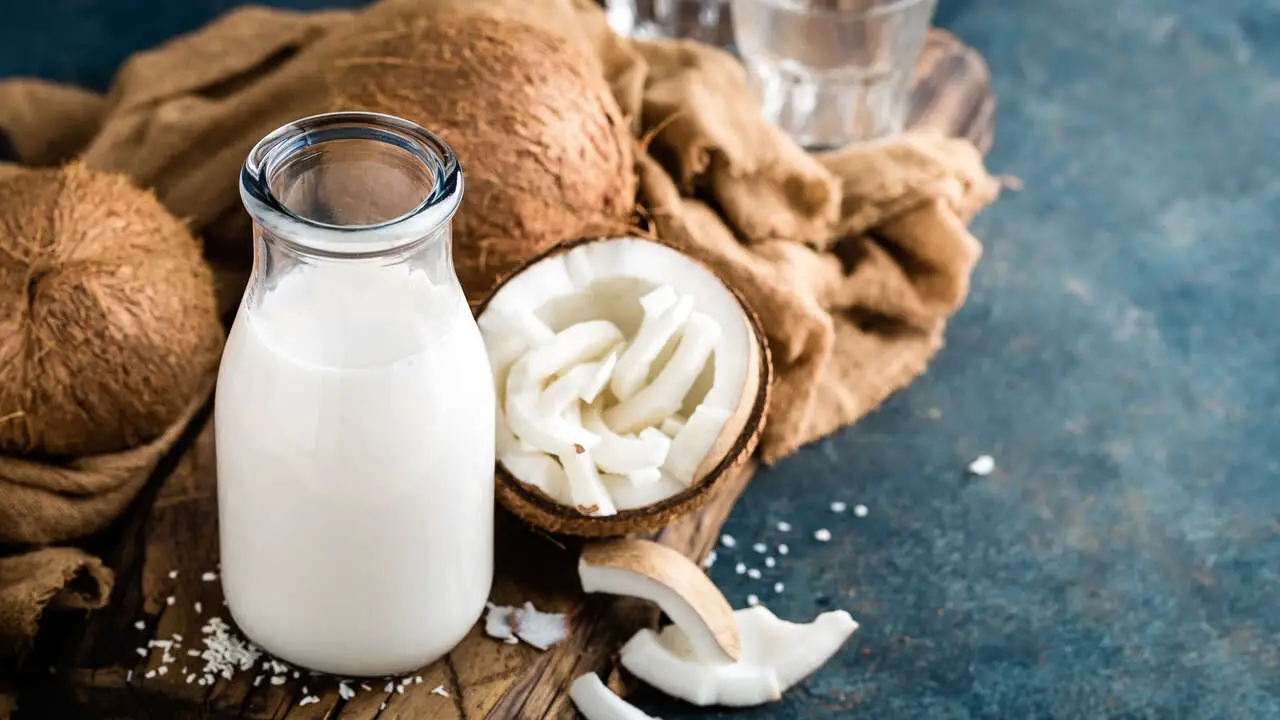
There are a few options to consider when substituting coconut milk in recipes. Coconut oil can add richness and moisture to dishes but may not provide as much flavor as coconut extract. On the other hand, coconut cream is thicker and richer, offering a more pronounced coconut taste. It’s important to note that each substitute will have its own impact on the overall taste and texture of the dish, so it’s worth experimenting to find your preferred option.
Conclusion
Regarding coconut extract substitutes, numerous options suit different preferences and dietary requirements. For those looking for a dairy-free alternative, coconut milk can be an excellent substitute as it provides a similar creamy texture and subtle coconut flavor.
On the other hand, coconut water can add a refreshing twist to beverages or be used in recipes that require a lighter touch. If you want to enhance your dish’s flavor without adding too much liquid, coconut rum can be a great option.
Lastly, for those who want to experiment with different textures, imitation coconut or coconut flakes can provide a crunchy element to your recipes. It’s important to consider the nutritional value of these substitutes as well. Coconut oil is rich in healthy fats and can be a beneficial addition to your diet, while coconut flakes can add fiber and texture to your dishes.
Frequently Asked Questions
1.Is Coconut Oil And Coconut Extract The Same Thing?
Ans: Coconut oil and coconut extract are not the same thing. While coconut oil is extracted from the meat of the coconut, coconut extract is made by steeping shredded coconut in water or alcohol. Coconut oil is mainly used for cooking and skincare, while coconut extract adds a concentrated flavor to baking and cooking.
2.What Ingredient Is In Coconut Extract?
Ans: Coconut extract is made from the meat of coconuts, specifically the water or milk extracted from them. It may also contain natural flavors or preservatives. When using coconut extract, it’s important to check the label for additional ingredients or additives.
3.What Ingredient Tastes Like Coconut?
Ans: If you’re looking for a coconut extract substitute that replicates the flavor, coconut milk is your best bet. Coconut oil can also provide a hint of coconut taste. Artificial coconut flavorings are an option, but they may lack depth. For a different flavor profile, try almond or vanilla extract.
4.What Is The Difference Between Coconut Oil And Extract?
Ans: Coconut oil and extract differ in their source and usage. While coconut oil is derived from the meat of mature coconuts and used for cooking, coconut extract is obtained from the liquid or milk of fresh coconuts and used as a flavoring agent. Coconut oil has a higher fat content and can be solid at room temperature, while coconut extract remains liquid. Additionally, coconut extract offers a stronger and more concentrated taste compared to the subtle flavor profile of coconut oil.
5.What Can Be A Good Coconut Extract Substitute?
Ans: Looking for a substitute for coconut extract? Don’t worry; there are several options you can try. Coconut milk or cream can be a substitute, giving a similar flavor profile. Vanilla extract adds a comparable taste to certain recipes. Almond extract provides a nutty flavor that complements many dishes. And if you want a non-alcoholic option, coconut water works well too.